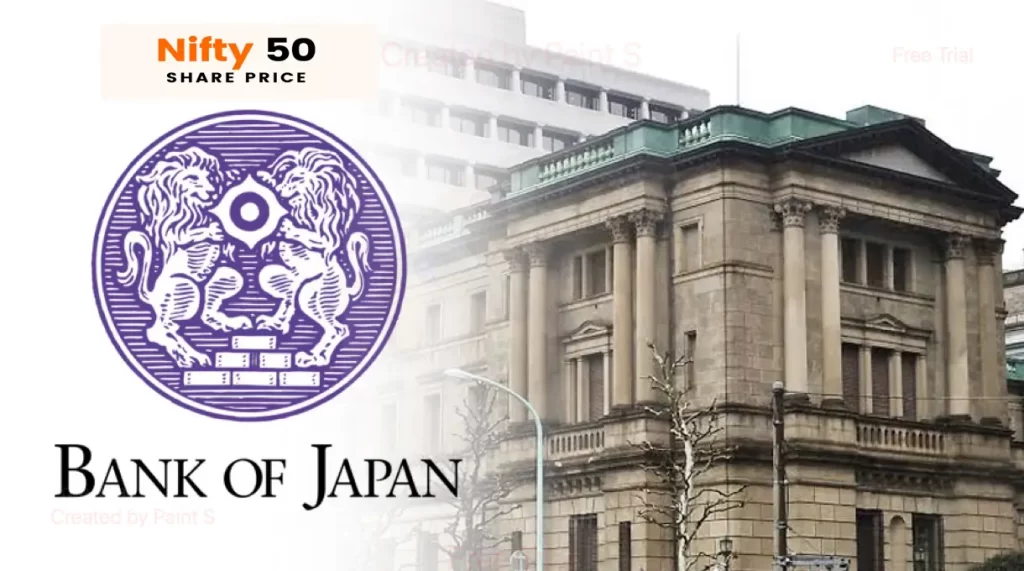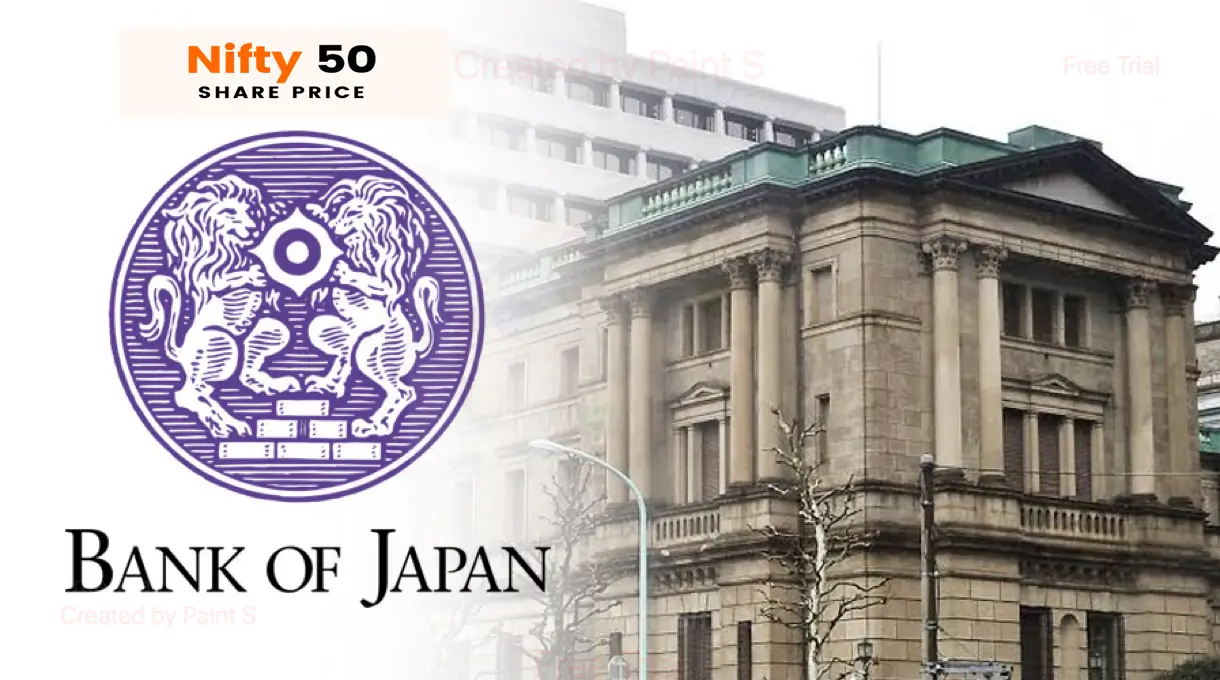On January 24, 2025, the Bank of Japan (BoJ) announced its most significant interest rate hike since 2008, marking a pivotal moment in its monetary policy shift.
As global financial markets are closely monitoring this development, one question arises:
How will this major change affect emerging markets like India?
The Context of the Rate Hike
The BoJ, which has maintained an ultra-low interest rate policy for years, raised rates in response to growing inflationary pressures and the need to strengthen the yen.
This move is seen as a shift away from the decades-long deflationary environment in Japan, where interest rates had remained near zero or negative.
The interest rate hike, though not entirely unexpected, is being closely watched by global investors and financial institutions.
Japan’s economic strategy is now evolving, with the central bank aiming to bring inflation under control without undermining the fragile recovery post-pandemic.
How Does This Affect the Indian Stock Market?

While the direct connection between Japan’s rate hike and India’s stock market may seem distant, the ripple effects could be substantial, especially considering the global interconnectedness of financial markets.
1. Capital Flows and Foreign Investment
India, like many other emerging markets, is heavily influenced by global capital flows. A rate hike in Japan could make the yen more attractive to global investors, potentially leading to a shift in capital away from riskier markets like India.
As foreign investors move their money to Japan in search of higher returns, Indian stocks could face downward pressure, especially in sectors reliant on foreign investment.
2. Impact on Currency Exchange Rates
A stronger yen could lead to changes in currency exchange rates, particularly between the yen and the Indian rupee. The rupee has historically been sensitive to global currency movements, and a stronger yen could lead to depreciation of the rupee against the dollar.
A weaker rupee could increase costs for Indian companies with significant imports, potentially impacting their earnings.
3. Bond Yields and Interest Rates
Global interest rates are intertwined, and Japan’s move could influence the Reserve Bank of India (RBI). If other central banks, particularly in advanced economies, follow Japan’s lead, we could see rising interest rates globally.
This could prompt the RBI to adjust its policy, which might affect borrowing costs for Indian businesses and consumers.
Higher borrowing costs could slow down economic growth and negatively impact the stock market, especially in interest-sensitive sectors like real estate and infrastructure.
4. Investor Sentiment and Market Volatility
Global markets often react to shifts in monetary policy, and the BoJ’s rate hike could add to existing market volatility.
Indian markets, which have been volatile in recent months due to concerns over inflation and economic recovery, might experience additional fluctuations. Investor sentiment could become more cautious, leading to short-term corrections in stock prices.
Conclusion: The Road Ahead for Indian Markets
The Bank of Japan’s decision to hike interest rates is a significant move with potential implications for the global economy. While the Indian stock market may not be directly affected in the long term, the short-term consequences could be felt through changes in capital flows, currency exchange rates, and investor sentiment.
For Indian investors,
It’s essential to stay informed and prepared for potential market fluctuations. Diversification, a long-term perspective, and careful monitoring of global economic trends will be key to navigating any volatility in the wake of this rate hike.
As the global economic landscape continues to evolve, the Indian stock market’s resilience will depend on its ability to adapt to external challenges while focusing on domestic growth drivers.






